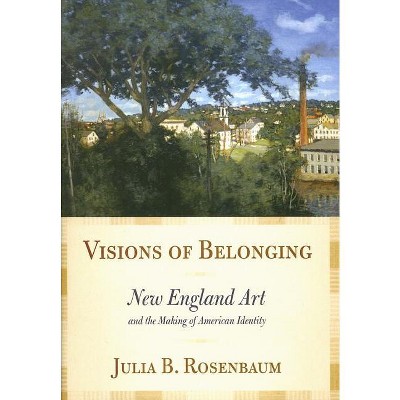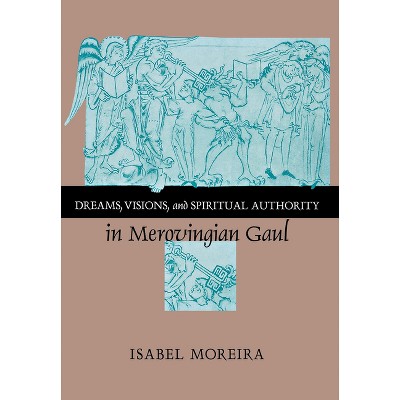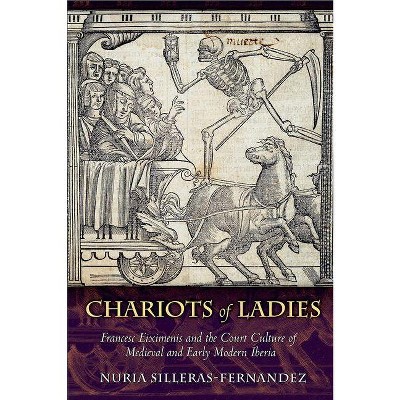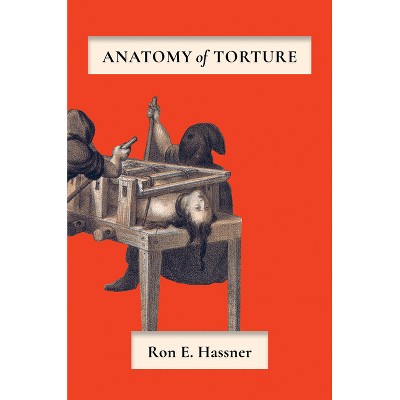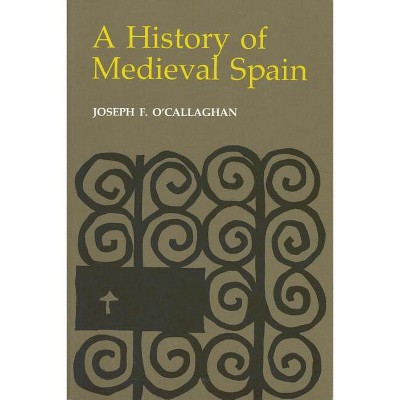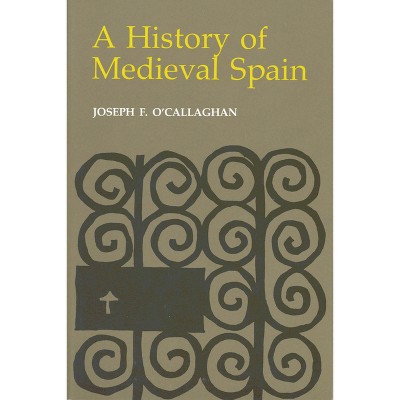About this item
Highlights
- In Visions of Deliverance, Mayte Green-Mercado traces the circulation of Muslim and crypto-Muslim apocalyptic texts known as joferes through formal and informal networks of merchants, Sufis, and other channels of diffusion among Muslims and Christians across the Mediterranean from Constantinople and Venice to Morisco towns in eastern Spain.
- About the Author: Mayte Green-Mercado is Assistant Professor of History at Rutgers University-Newark.
- 330 Pages
- History, Europe
Description
About the Book
"Visions of Deliverance traces the circulation of Muslim and crypto-Muslim apocalyptic texts known as joferes through formal and informal networks of merchants, Sufis, and other channels of diffusion among Muslims and Christians across the Mediterranean from Constantinople and Venice to Morisco towns in eastern Spain"--Book Synopsis
In Visions of Deliverance, Mayte Green-Mercado traces the circulation of Muslim and crypto-Muslim apocalyptic texts known as joferes through formal and informal networks of merchants, Sufis, and other channels of diffusion among Muslims and Christians across the Mediterranean from Constantinople and Venice to Morisco towns in eastern Spain. The movement of these prophecies from the eastern to the western edges of the Mediterranean illuminates strategies of Morisco cultural and political resistance, reconstructing both productive and oppositional interactions and exchanges between Muslims and Christians in the early modern Mediterranean.
Challenging a historiography that has primarily understood Morisco apocalyptic thought as the expression of a defeated group that was conscious of the loss of their culture and identity, Green-Mercado depicts Moriscos not simply as helpless victims of Christian oppression but as political actors whose use of end-times discourse helped define and construct their society anew. Visions of Deliverance helps us understand the implications of confessionalization, forced conversion, and assimilation in the early modern period and the intellectual and theological networks that shaped politics and identity across the Mediterranean in this era.
Review Quotes
Mayte Green-Mercado's study of the political valence of prophecy for a repressed minority is a major contribution. With its extensive use of archival sources from across the Mediterranean and in a variety of languages, the book refines and indeed transforms our understanding of prophecies as "mobilization discourses" among the Moriscos thereby restoring agency and political determination to an understudied community.
-- "Journal of Modern History"This excellent book should find a ready audience in readers interested in Morisco history and culture, and in prophetic and political discourse in early modern Islam, Iberia, and the Mediterranean as a whole.
-- "Visions of Deliverance"Moriscos stand tall in this book as historical agents (both individually and collectively), actors on a political world stage, some with dreams of an Ottoman Last World Emperor, others of a French; some with dreams of a return of Islam to Al-Andalus, others with the hope of being able to live peacefully 'under their own law.' With Visions of Deliverance, Mayte Green-Mercado has made a significant contribution to Mediterranean history. There is much in this excellent book that will be new to both experts and students alike
-- "SIXTEENTH CENTURY JOURNAL"This work adds a crucial perspective to the growing body of scholarship that challenges the conception of a fixed, monolithic Morisco identity and the perception that Moriscos were a beleaguered group in need of rescue. Visions of Deliverance offers readers a fresh perspective on Morisco social, religious, and political beliefs and practices.
-- "Comitatus"About the Author
Mayte Green-Mercado is Assistant Professor of History at Rutgers University-Newark. She has published articles in Medieval Encounters and the Journal of the Economic and Social History of the Orient.







